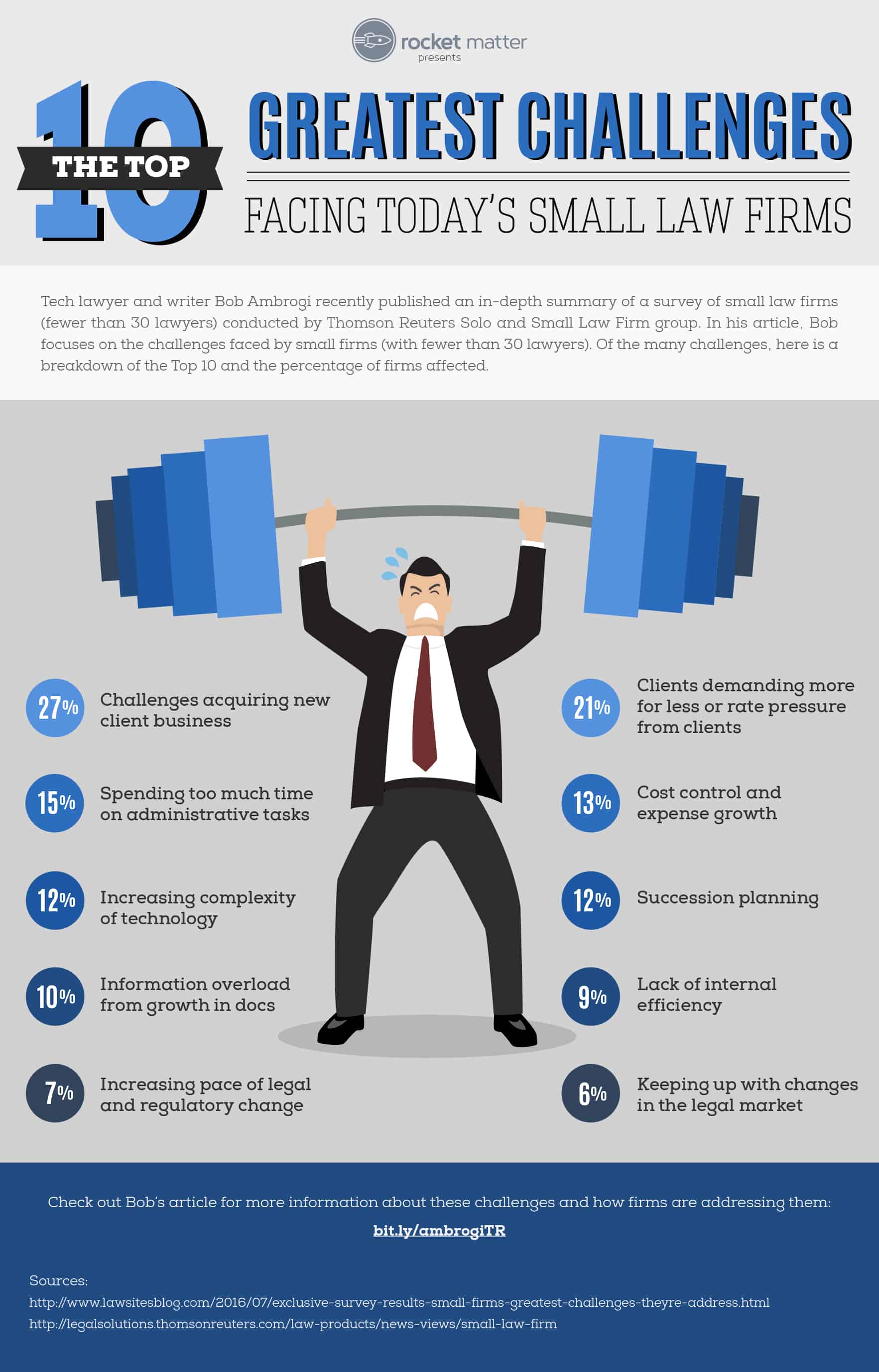Navigating A Criminal Trial: A Thorough Detailed Exam Of What Happens
Navigating A Criminal Trial: A Thorough Detailed Exam Of What Happens
Blog Article
Uploaded By-Hunt Brooks
When you step into a criminal trial, you could be surprised by the organized procedure that unfolds. All of it begins with jury option, where potential jurors are scrutinized for biases with a method called "voir dire." Afterwards, both sides offer their opening declarations, setting the stage for the proof and testaments to comply with. You'll see exactly how the prosecution and defense build their cases, however what takes place next can significantly affect the end result. Recognizing these phases can reveal the intricacies of justice, however there's even more to uncover regarding the critical moments that follow.
Court Option Process
When it pertains to the jury choice procedure, you're diving right into a crucial phase of a criminal test. visit the website , frequently called "voir dire," entails wondering about potential jurors to guarantee they're objective and efficient in supplying a reasonable decision.
You'll see both the prosecution and defense attorneys taking part actively, each intending to choose jurors that line up with their case's narrative.
Throughout voir dire, you'll discover that attorneys ask concerns concerning jurors' backgrounds, ideas, and experiences. Their goal is to identify any type of pre-existing predispositions that could influence a juror's decision. As a juror, you might really feel a mix of nervousness and curiosity, however your sincerity is necessary.
After examining, lawyers can challenge certain jurors for reason if they believe a juror can not stay neutral. They can additionally use a restricted number of peremptory obstacles to reject jurors without mentioning a factor.
Trial Phases Explained
The stages of a criminal trial play a crucial duty in ensuring a reasonable and organized process.
You'll initially encounter the opening statements, where both the prosecution and defense detail their situations. This establishes the stage wherefore's to find.
Next, the prosecution offers its evidence and witnesses, intending to confirm the accused's sense of guilt past a practical question. You'll see straight exam followed by cross-examination, permitting both sides to challenge today info.
After the prosecution rests its situation, it's the defense's turn. They'll present their proof and witnesses, often concentrating on developing affordable question. Find Out More 'll observe that the defense does not need to verify innocence; they simply need to test the prosecution's case.
Once both sides have actually provided their debates, you'll hear closing declarations, where each event summarizes their case. This is important as it reinforces their placements before the jury deliberates.
Throughout these phases, the court makes certain that the trial follows legal requirements and that the legal rights of both celebrations are protected.
Understanding these phases will certainly aid you value the intricacies involved in a criminal test and the value of each action in the search of justice.
Verdict and Punishing
Besides proof has actually existed and arguments made, the court or court provides a decision, determining the accused's guilt or innocence. If you become part of the jury, you'll ponder with your other jurors, going over the evidence and your perceptions. This procedure can take some time, as you'll wish to make sure everyone settles on the decision based upon the realities.
Once a decision is gotten to, it's announced in court. If the offender is found guilty, the next phase is punishing. This is when the court decides the appropriate penalty. You may observe that different variables affect the sentence, such as the intensity of the criminal activity, the accused's previous document, and any type of mitigating circumstances.
The judge may enforce a series of sentences, from penalties and community service to imprisonment. Often, the defense or prosecution can present arguments pertaining to sentencing, attempting to guide the court's decision.
If the defendant is found not guilty, they're acquitted, and no punishment adheres to. Remember that a guilty verdict can commonly result in allures, where the offender may challenge the decision or the sentence imposed.
Verdict
In a criminal test, you've seen exactly how important each step is, from court option to the last decision. You've adhered to the prosecution and defense as they build their cases, aiming to persuade the court. When deliberation completes, the verdict figures out the outcome, and if the accused is found guilty, the sentencing phase starts. Recognizing these processes assists you appreciate the complexities of the justice system and the importance of each role in guaranteeing a reasonable trial.
